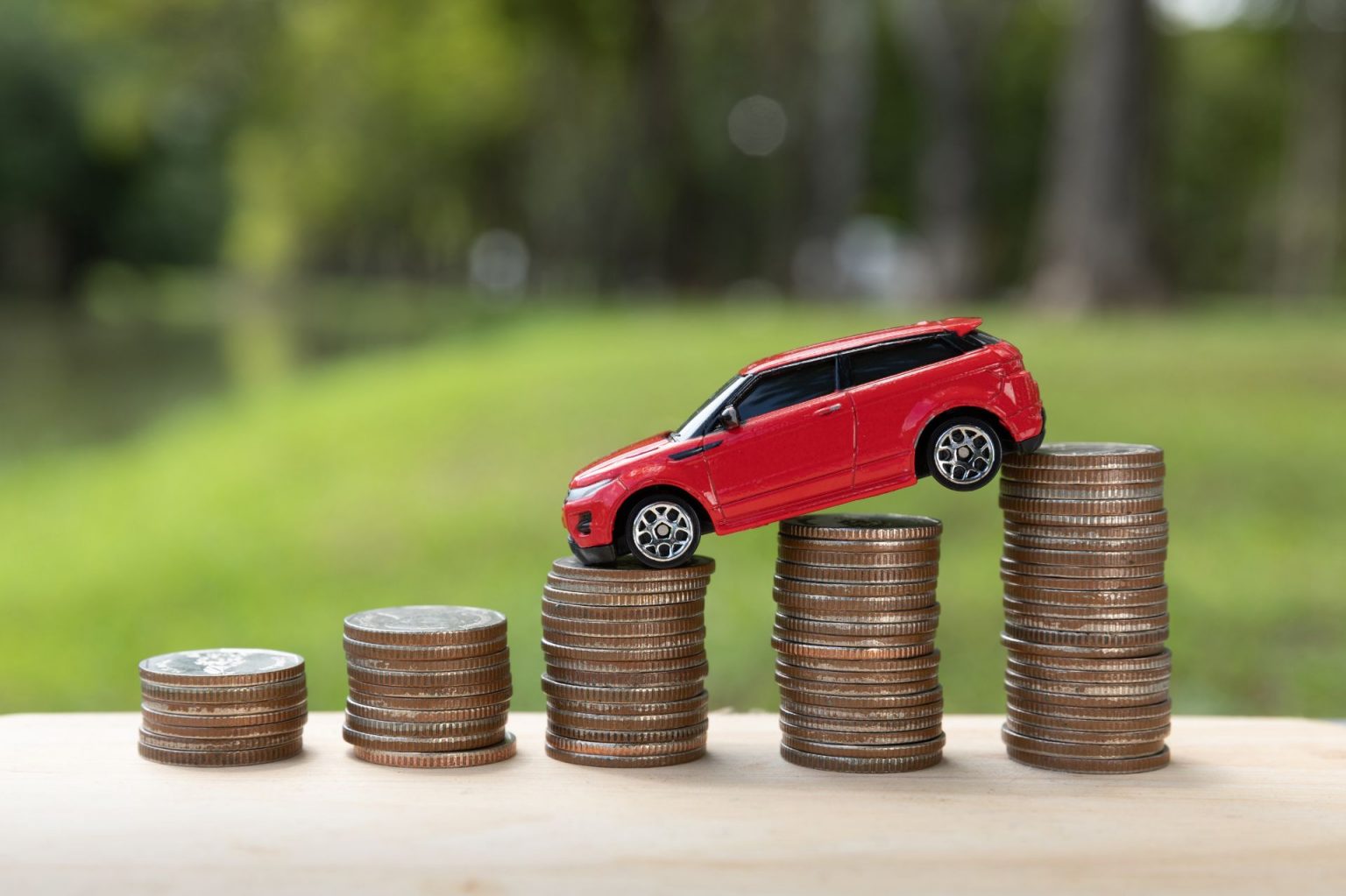
If you’re a car owner, you probably know that depreciation is a significant factor in determining the value of your vehicle. But what exactly does this mean? And how can it be controlled? In this guide, we’ll explain everything from why cars depreciate and how factors like mileage and age impact them. We’ll also cover some tips for slowing down or even reversing this process so that when it comes time to sell your car or trade it in you won’t feel so bad about making money off it!
What is car depreciation?
Car depreciation is the decrease in the value of a vehicle. It happens when you drive your car off the lot, and it’s different from wear and tear. When you buy a new car, its value increases due to its brand-new condition and no mileage. Unfortunately, this means that when you sell your old car later on down the road (or even sooner), there’s less money to be made by selling at full value than if they were both used rather than new so depreciation can be an expensive cost associated with owning cars!
What are some factors that impact depreciation?
There are several factors that can impact how much your vehicle depreciates. These include:
- The new car smell. When you buy a vehicle, it’s likely to be in decent shape but not a brand-new condition. As a result, you’ll notice some wear and tear over time and other cosmetic issues such as scratches, dents, or paint chips.
- First owner and model year. Your car depreciates more quickly if it was owned by someone else before you purchased it. This is because of depreciation write-offs on vehicles sold at dealerships and those write-offs are based on what they’ve already paid out in depreciation expenses during previous years’ sales cycles (called “recovery periods”).
How can I slow down depreciation?
As you know, depreciation is an unavoidable part of owning a car but there are ways to slow it down.
- Buy a car with a high resale value. The higher the resale value, the less you’ll have to spend on repairs and maintenance over time.
- Buy a car in demand among buyers and don’t forget about leasing! Leasing allows you to really get your money’s worth from your vehicle without paying for something else (like insurance) along the way.
- Look for cars with low cost of ownership factors like fuel efficiency and maintenance costs they’re more affordable over time because they won’t require frequent repair work or replacement parts as often as other vehicles would do.”
Car depreciation isn’t a great feeling, but it’s something every car owner has to accept
Car depreciation is a fact of life. It’s something every car owner has to accept, and it can be useful in the long run because it helps you understand the value of your vehicle. However, you should be aware of some misconceptions about how depreciation works before buying a used car or deciding whether to trade in your old one for something new.
Depreciation is not the same as resale value. Depreciation refers to how much faster or slower money decreases over time (or “depreciates”). In contrast, resale value refers to what other people might pay for something based on current market conditions.
Conclusion
We know that car depreciation is a big deal for any car owner, but you can take steps to minimize the impact. Start by checking your car’s maintenance schedule and make sure all the services are done according to manufacturer recommendations.
